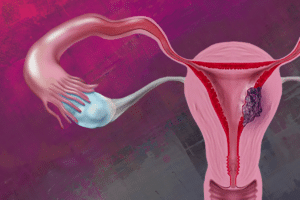 Investigators from Brown University and two Rhode Island hospitals are participating a clinical trial investigating the use of deep brain stimulation (DBS) as a treatment for patients with Alzheimer’s disease. DBS is currently FDA approved to treat Parkinson’s disease, Tourette’s syndrome and resistant Obsessive Compulsive Disorder.
Investigators from Brown University and two Rhode Island hospitals are participating a clinical trial investigating the use of deep brain stimulation (DBS) as a treatment for patients with Alzheimer’s disease. DBS is currently FDA approved to treat Parkinson’s disease, Tourette’s syndrome and resistant Obsessive Compulsive Disorder.
The collaboration of the two hospitals is part of a multisite, global study evaluating the safety and efficacy of DBS in slowing the loss of memory and cognitive abilities in patients with Alzheimer’s disease. DBS is ‘pacemaker-like device’ that is surgically implanted to stimulate the fornix area of the brain – an area known to play a central role in memory.
An early phase trial with 6 patients showed promise. That study found that patients with mild forms of the disease showed sustained increases in glucose metabolism, an indicator of neuronal activity, over a 13-month period. Most patients with Alzheimer’s disease show decreases in glucose metabolism over the same time period.
The larger study is a double-blind clinical trial where all participants will have the device implanted. Half of the participants will have the device activated in the first year, and all participants will receive active stimulation in the second year of the study.
Source: AAAS and EurekAlert
For more information: http://www.ADvanceStudy4AD.com







